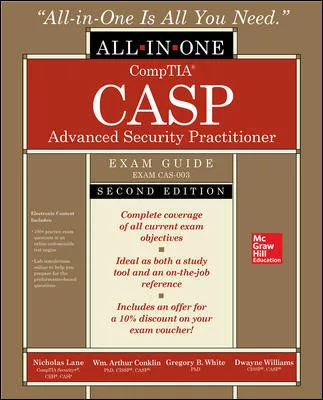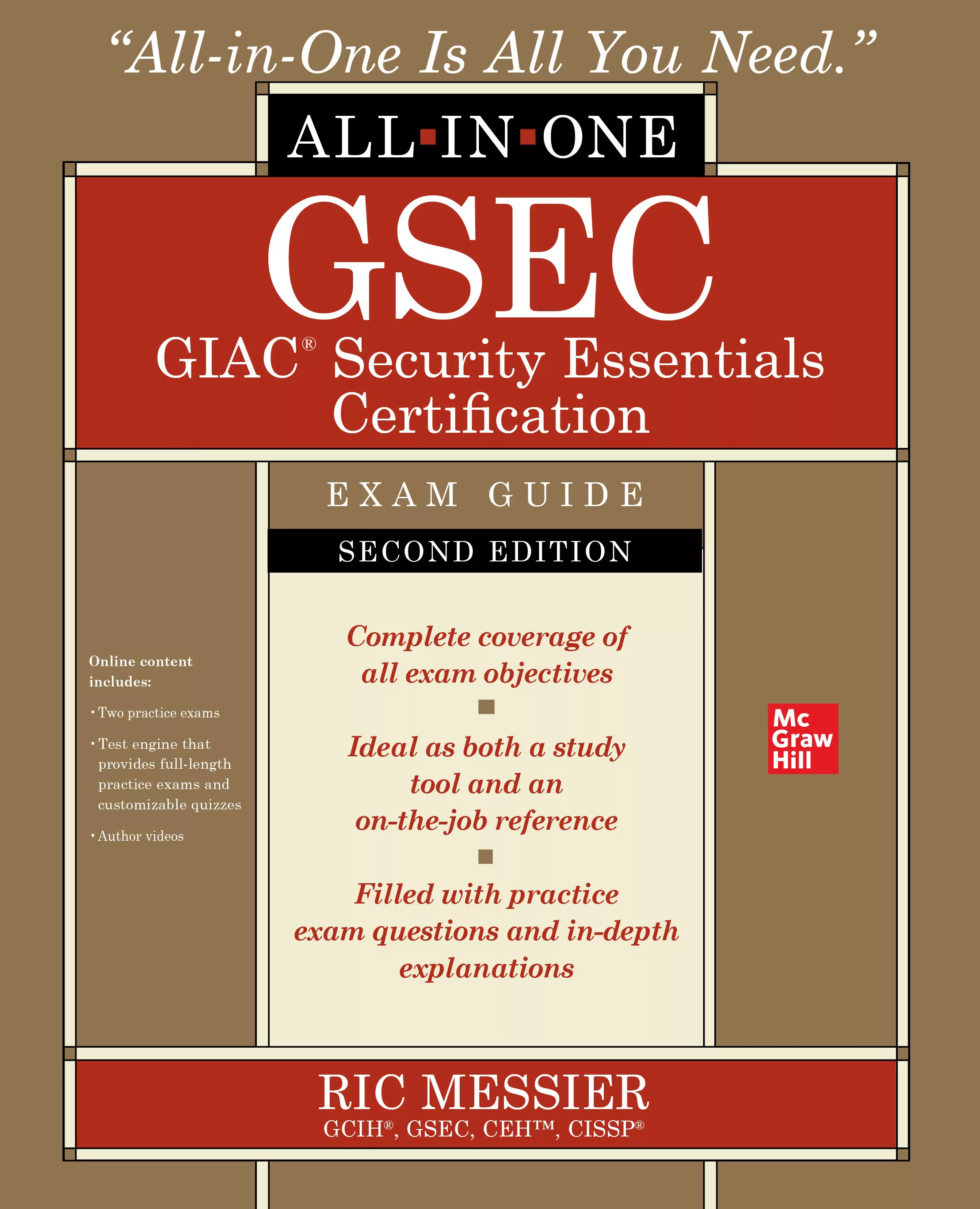Concealed Carry Is Now Legal in All 50 States
After Illinois became the 50th state to enact concealed-carry legislation, it is now perfectly legal to carry a concealed firearm in public everywhere in the country except for Washington, D.C., with varying restrictions on who exactly is allowed to carry and where he or she can do so.
There will now be in a six-month period for state police officials and the legislature to determine permitting procedure, as well as make clarifications to the law such as exactly where guns are banned or what defines proper concealment.
It will cost about $25 million to establish and operate a system that will process conceal-carry applications, Illinois State Police say. About 300,000 residents are expected to apply.
As the law stands, private property owners, along with businesses, can prohibit concealed guns on their premises, although rules for obtaining the proper signage are not yet established. Also, guns will not be allowed in schools, libraries, parks, and mass-transit buses and trains.
The bill is the result of a ruling last December by the Seventh Circuit Court of Appeals in Chicago saying that the existing ban on conceal-carry weaponry in public was unconstitutional. The state was given 180 days to craft a law legalizing conceal-carry. That deadline passed June 9, but the state was given a 30-day extension to pass the law.
Chicago Mayor Rahm Emanuel, as well as Illinois Governor Pat Quinn, used a recent surge in violence in the city – 74 people were wounded and 12 killed by gun violence over the four-day Fourth of July weekend – to say that more, not less, gun restrictions are necessary.
“Having effective gun control is essential for providing safety throughout the city,” he told reporters Tuesday.
Looking for a reprint of this article?
From high-res PDFs to custom plaques, order your copy today!





